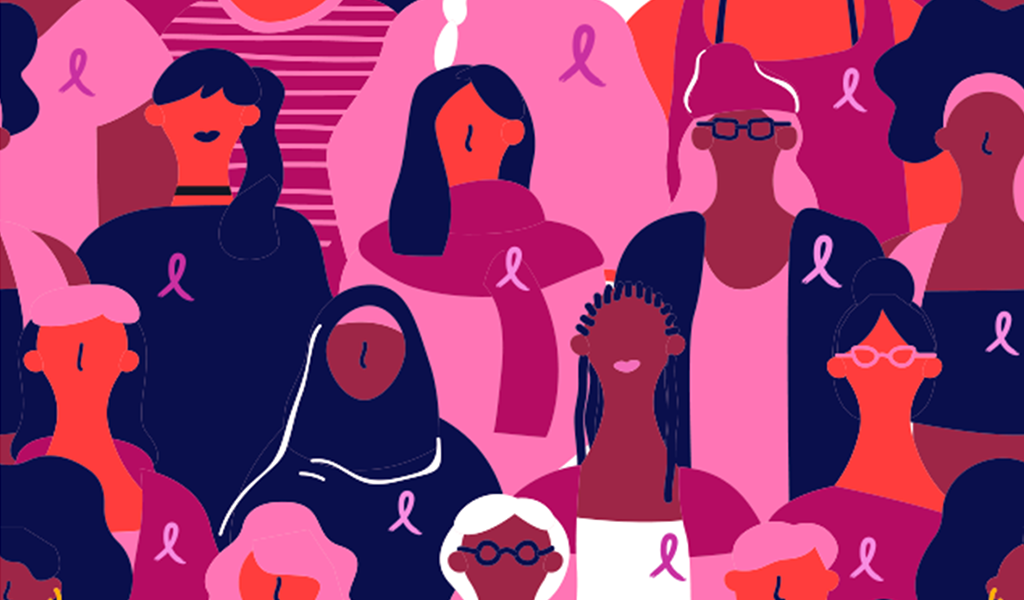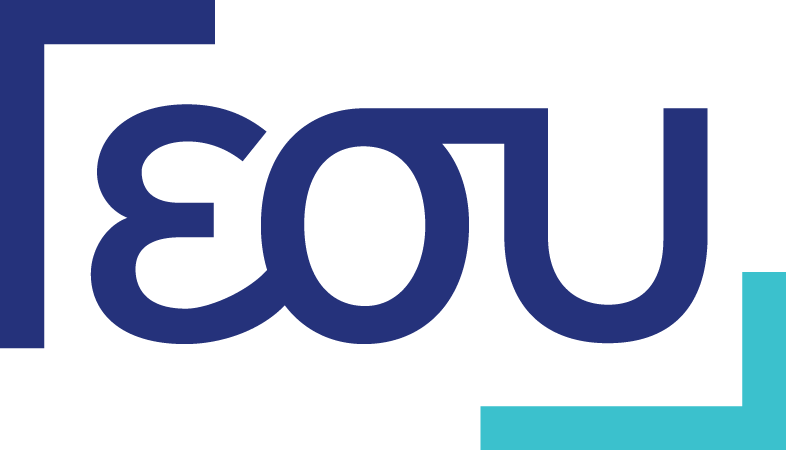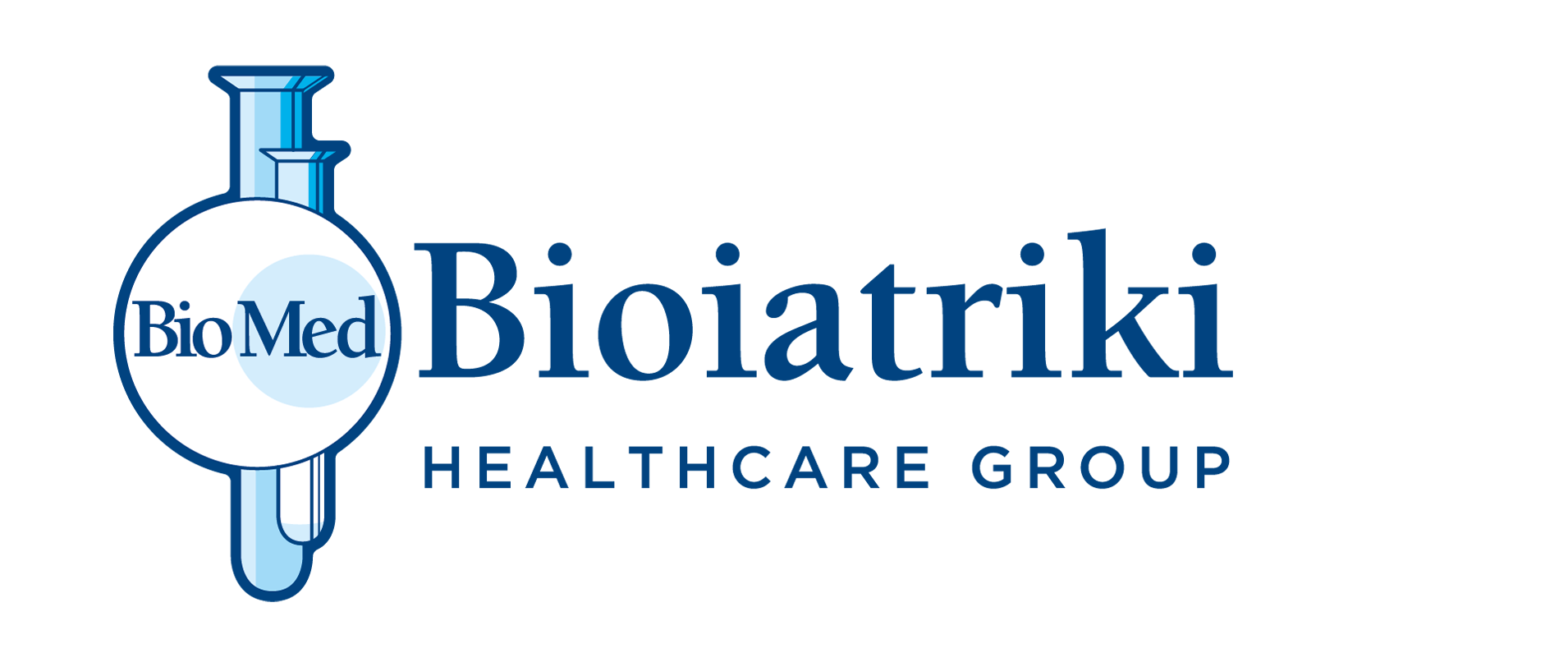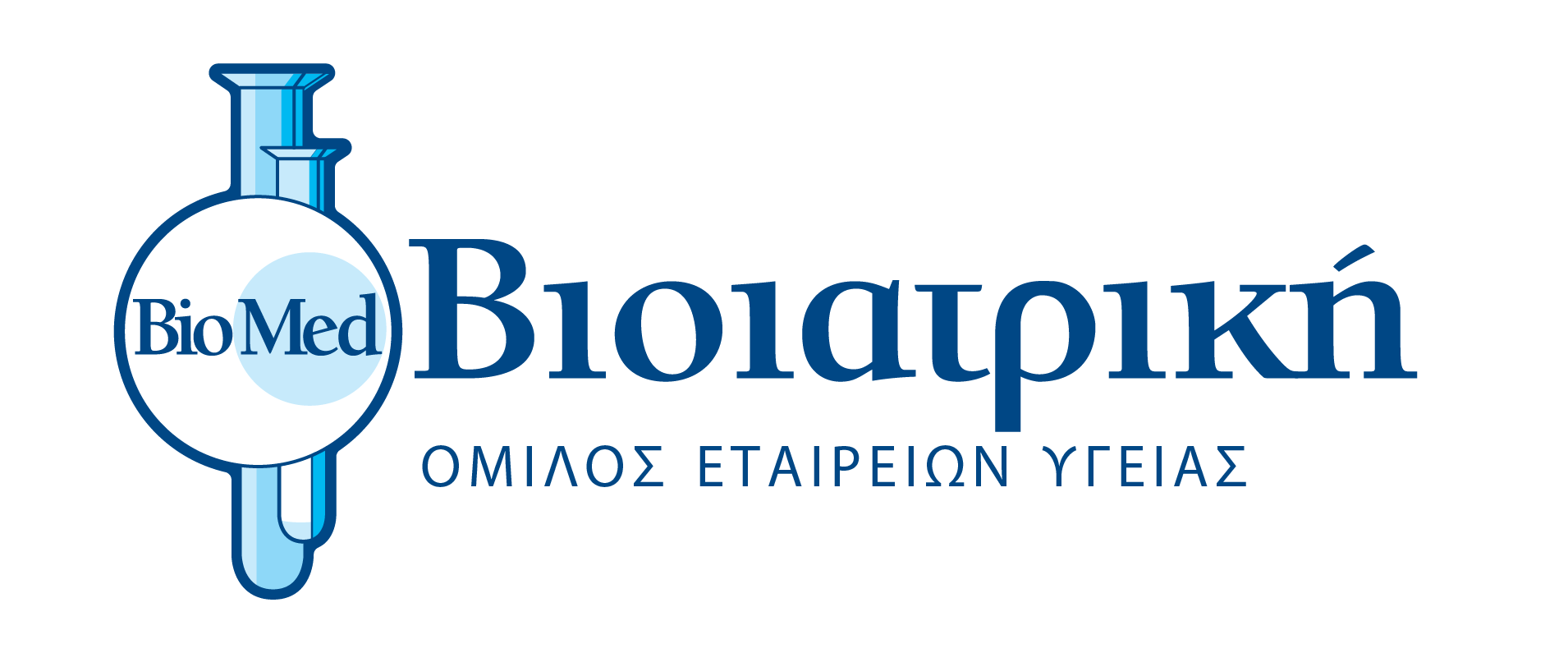
*by Dr. Nikolaos P. Kotsifopoulos, uploaded on Group’s website in Cyprus
Interesting facts about women’s breast
“How often should I have a breast checkup?”
Women should visit their doctors about once a year regarding their breast. The mastologist will recommend the proper medical tests for you depending in your age and your medical history. If you see or experience any difference on your breast, inflammation, pain, fluid secretion from the nipple, or nodule, you should consult your doctor immediately.
“Does it change through the years?”
Scientists from John Hopkins Medicine University explain that hormones affect the breast’s size. Indeed, most women experience an increase in their breast’s size since adolescence. Estrogens affect the breast’s size throughout the various phases of the women’s life.
Mammography lasts only 3 minutes
Such a little time to save one’s life!
Size and breast cancer
Scientists from the British Cancer Research UK argue that women with denser breast have higher risk of developing breast cancer. “Women with dense breast have less fatty tissue on the breast area and more breast cells and connective tissue,” they explain.
“Will losing weight make my breasts smaller?”
Usually the answer is “yes”, since a part of the breasts is fatty tissue.
“Mammogram or breast ultrasound?”
Mammography is the test that detects solid and cystic lesions as well as areas with suspected micro-calcifications. According to current guidelines, healthy and asymptomatic women should have their first mammogram at the age of 35 (the so-called reference mammogram). The follow-up is every 2 years after the age of 40, and every year after the age of 50. Every year if there is a hereditary condition or individual medical history. For women who have a confirmed mutation in the BRCA1 and BRCA2 genes, which are linked to breast cancer, an annual mammogram from age 30 is recommended. Breast ultrasound has zero radiation, and it is recommended for all ages. It detects solid and cystic lesions in the breasts, measures the tumors, determines their blood supply (even for a biopsy). (For more information: Free breast screening packages “Fofi Gennimata”)
“Do breasts change with exercise?”
Push-ups and bench presses can help strengthen the chest muscles, which also support the breasts. However, the breast itself does not have muscle tissue.
“When is a breast ultrasound recommended?”
Breast ultrasound is recommended for young women under the age of 35 if they have any symptoms or if something suspicious is detected by palpation. Complementary to the mammogram in the annual check-up, the ultrasound can detect lesions that cannot be detected by the examination alone.
“I don’t want a mammogram, because I don’t want to get radiation”
A mammogram has less radiation than a transatlantic flight. No one would say no to a trip, therefore, why say no to a life-saving exam? (For more information: Myths and facts about mammography)
Big breasts = back pain
Indeed, these two elements are intertwined for many women. In addition, large and heavy breasts make it difficult in some cases during exercise.
Let’s talk about our breast: Fact or myth?
“Mammography is painful”
The truth is that a mammogram is not painful, however, it can cause some discomfort. The examination is very short and the discomfort even less. For women who have high sensitivity and low tolerance for discomfort, a simple painkiller can help. Furthermore, we talk about our breasts to the technologist performing the exam, since they can create a more comfortable mammogram experience.
“Do I have to do the mammogram every time at the same diagnostic center?”
It is recommended to have the annual breast check-up done at the same diagnostic center. This is helpful for the better knowledge and archive of patient’s medical history, better comparison of the results from year to year, and better cooperation with your personal doctor.
“I am afraid of what the mammogram might reveal, is it better not to know?”
Let’s talk numbers. According to data recently released by the Ministry of Health,
- breast cancer affects one in eleven women in the Western world and is the number one cause of death due to cancer in women.
- In 2020 in Greece, 215 new breast cancer cases were recorded per 100,000 population, aged 50-69.
- Most of the lesions detected by breast screening are benign.
BIOIATRIKI Healthcare Group participates in the breast cancer screening program “Fofi Gennimata”. Beneficiaries of the program can have a free digital mammogram at all the Diagnostic Centers of the group in Attica, Evia, and Thessaloniki. Appointments are always available (even on Saturdays), while the results are available not only on the special platform of the EOPYY, as the program provides, but also by e-mail and in the individual Digital Health Folder that every patient can have in the BIOIATRIKI Healthcare Group.
Published in SHAPE magazine, Issue 195, July 2022.









